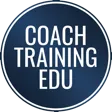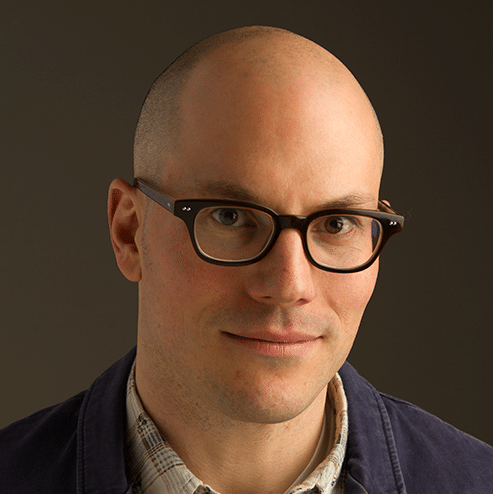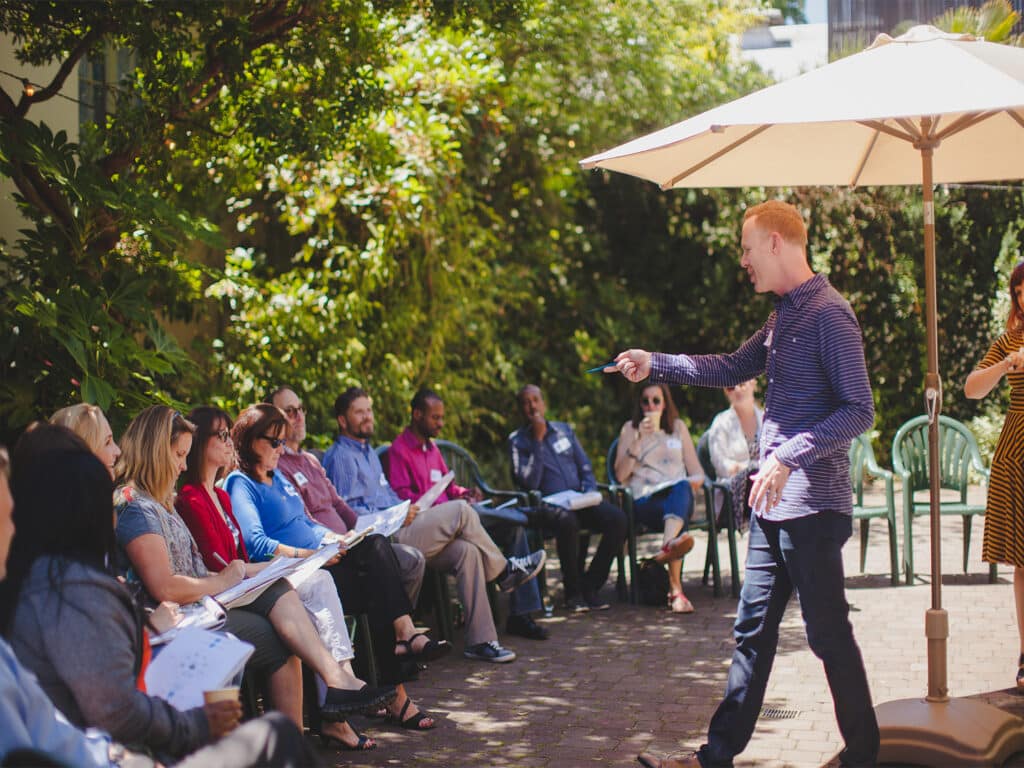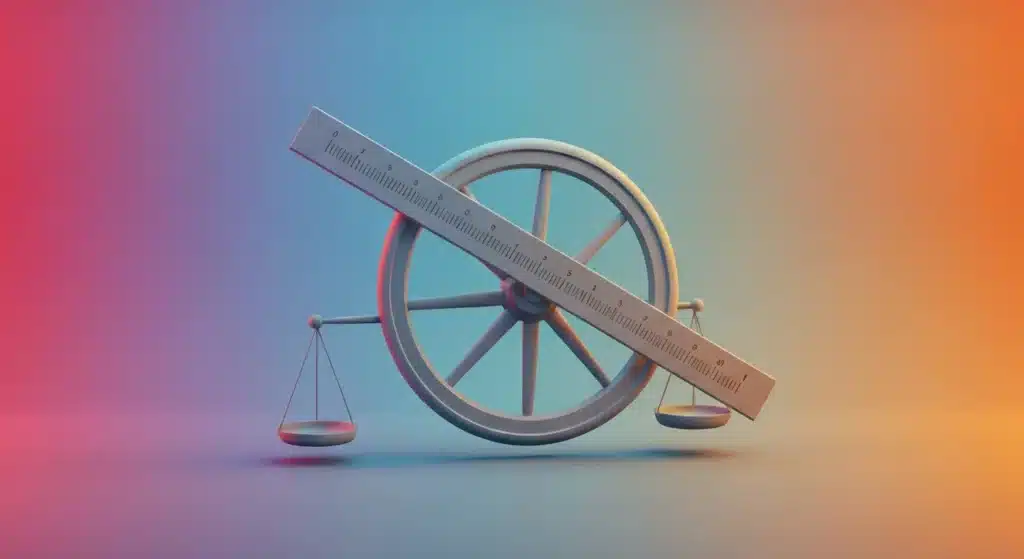Have you ever beat yourself up over procrastinating on a task, or a seemingly embarrassing comment to a coworker? While it’s common to feel frustrated at ourselves over larger issues, such as getting into a fight with a family member or causing a fender bender, holding onto the little things can be just as problematic. When our irritation with ourselves leads to meaningful action, it can serve as a catalyst for positive change. But holding onto resentment can make it difficult to move forward and further develop.
Self-Forgiveness Defined
Resentment may create feelings of inadequacy, fear, or avoidance. These negative emotions are detrimental to our mental and physical health, as well as our sense of personal growth and wellbeing. Self-forgiveness means letting go of the feelings or emotions associated with what didn’t go as planned and embracing the learning and growth that can come from these missteps. People who forgive themselves regularly realize that forgiveness allows them to move on and keeps them from adding additional suffering to their lives. This is why self-forgiveness is so highly correlated with well-being.

While it’s common to feel frustrated at ourselves over larger issues, such as getting into a fight with a family member or causing a fender bender, holding onto the little things can be just as problematic.
But self-forgiveness is easier said than done. In a recent Positive Psychology Today article, Matt James summed up the challenge of self-forgiveness perfectly: “When we’re dealing with a person we don’t trust or like, most often we can choose to forgive, release the hurt, and avoid contact with that person. With ourselves, that’s not an option. We cannot quit, divorce, or walk away. Loving and appreciating the self is key.” Learning to forgive yourself is something that can be learned, however. Just like most things, it takes practice and determination.
Self-Forgiveness & Obstacles
If we see ourselves as the kind of person who caused pain to ourselves or others, we may see our mistakes as likely to repeat rather than one-time incidents. This bias toward attributing negative scenarios to our internal world leads to pessimism and serves as a barrier to self-forgiveness.
In addition to attribution styles, things like confirmation bias and unrealistic standards serve as additional obstacles to self-forgiveness. In the case of self-forgiveness, confirmation bias shows up when we use our mistakes as a way to confirm thoughts that we are to blame or are somehow inadequate. For example, if we miss a deadline, we may use that as a way to confirm that we are somehow inadequate or that we are lazy. The reality (i.e. our coworker got their part of the project to us late or our sleep has been lacking since bringing home a newborn) doesn’t matter. It’s what we tell ourselves about the situation that confirms our bias against our abilities. This makes it almost impossible to feel forgiving toward oneself, especially if the message is that we are going to keep repeating the same mistakes.
Unrealistic standards play a similar role to confirmation bias. For example, we may expect ourselves to be on our A-game every second of the day, but when we don’t meet that standard, we feel like a failure. Unrealistic standards keep us from allowing ourselves the grace not to be perfect and sometimes to even fail. It’s this grace that allows us to forgive ourselves when we make mistakes or things don’t quite go our way.
Working Toward Forgiveness
Although it’s beneficial to work through things independently, a coach can be an excellent asset in supporting us on our journey to self-forgiveness. Below are two exercises that you can do with a coach to help you work toward more self-forgiveness.
Self-Forgiveness & Journaling
As an accountability tool, journaling may be a good fit for coaching sessions, as it keeps track of thoughts or emotions that we can later revisit. It also helps point out any missed moments for forgiveness.
One exercise to consider working on, either with a coach or alone, is Breathe Magazine’s ‘Choose Your Words’ article, which recommends tips on regulating negative emotions through analyzing the way we speak about ourselves.
Some of the helpful questions from Breathe Journal’s article that can aid us in practicing self-forgiveness are:
- Is what you believe about yourself accurate?
- If not, why not?
- What would a stranger think if you told them about something you felt you couldn’t forgive yourself for?
- Who can approach your thoughts without judgment and say what you need to hear?
An Improv Exercise
Yes, And is an exercise used in improv to train for the unpredictable. In the exercise, actors don’t know what the others will say or do. After the first person begins a story, the second will say “yes, and” before coming up with the next thing to happen in the scene. In coaching, this exercise is used in much the same way, as the coach doesn’t know what the client will say until after they’ve said it. So instead, they accept what the client has offered them and add value through coaching exercises and questions.
When we use this exercise for self-forgiveness, we start by listing our hurt. For example, let’s say someone comes home only to find they forgot the toilet paper. In that case, they can start by saying, “I forgot the toilet paper.” The “yes, and” that comes after is a tool to help reframe the incident. Someone might say, “ I forgot the toilet paper, yes, and…the worst thing that can happen now is I can call my husband to pick some up on his way home.” Another person might say, “I forgot the toilet paper, yes, and now I can go back and buy the toilet paper along with those yogurt popsicles I wanted.” This keeps us flexible and helps us gain perspective.
Regardless of which exercises we choose, we have the option to reconnect with ourselves, understand our barriers to forgiveness, and relieve ourselves of additional suffering.




